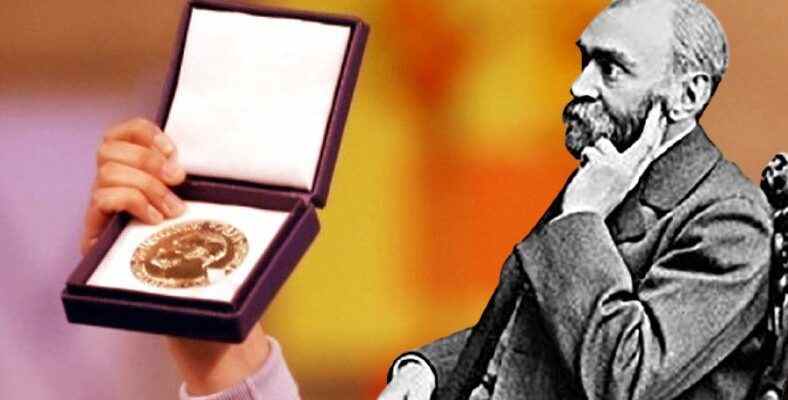One of the most prestigious science awards in the world, the Nobel Prizes are named after the scientist and industrialist Alfred Nobel, who invented dynamite. Let’s take a closer look at who is Alfred Nobel, the inventor of such a deadly invention, and why he wanted to establish a foundation in his name and hold such an award ceremony.
The history of humanity and science is full of many interesting stories. However, the most interesting story, of course, belongs to Alfred Nobel and the Nobel Prizes. As we all know, the Nobel Prizes are considered one of the most prestigious science awards in the world and are held every year. The Nobel Foundation organizes these awards and is named after Alfred Nobel. The strange thing about this story is that Alfred Nobel was the inventor of many explosives, especially dynamite.
The name of one of the 6 Nobel Prizes is the Nobel Peace Prize. well Peace award is given on behalf of the inventor of an invention that aims to kill the most people in the shortest way. So why? In order to answer this question, it is necessary to examine the life of Alfred Nobel a little. Life is full of coincidences. Maybe we wouldn’t be talking about such an award today if Mr. Alfred hadn’t seen the erroneous headline in a newspaper.
Alfred was an enthusiastic, open-minded child:
Alfred Bernhard Nobel, with his full name, was born on October 21, 1833. He was born in Stockholm, Sweden. Despite being 8 siblings, only Alfred and his three brothers survived to become adults.
Alfred was a smart boy and had an intellectual background at an early age. St. Petersburg, Russia, with his father and family, where he learned the basics of machine knowledge. When they moved to St. Petersburg He was a 16 year old chemist He spoke English, French, German, Russian, along with Swedish.
For a short time St. After staying in St. Petersburg, he left his father and siblings at his father’s factory and went to Paris to study chemistry. After completing his education, he returned to work in his father’s factory, which was engaged in military production during the Crimean War. However, when the war was over, the factory could not adapt to the peace period and went bankrupt. He returned to Sweden. His brothers stayed there to save the factory.
Alfred Nobel learns to control explosives:
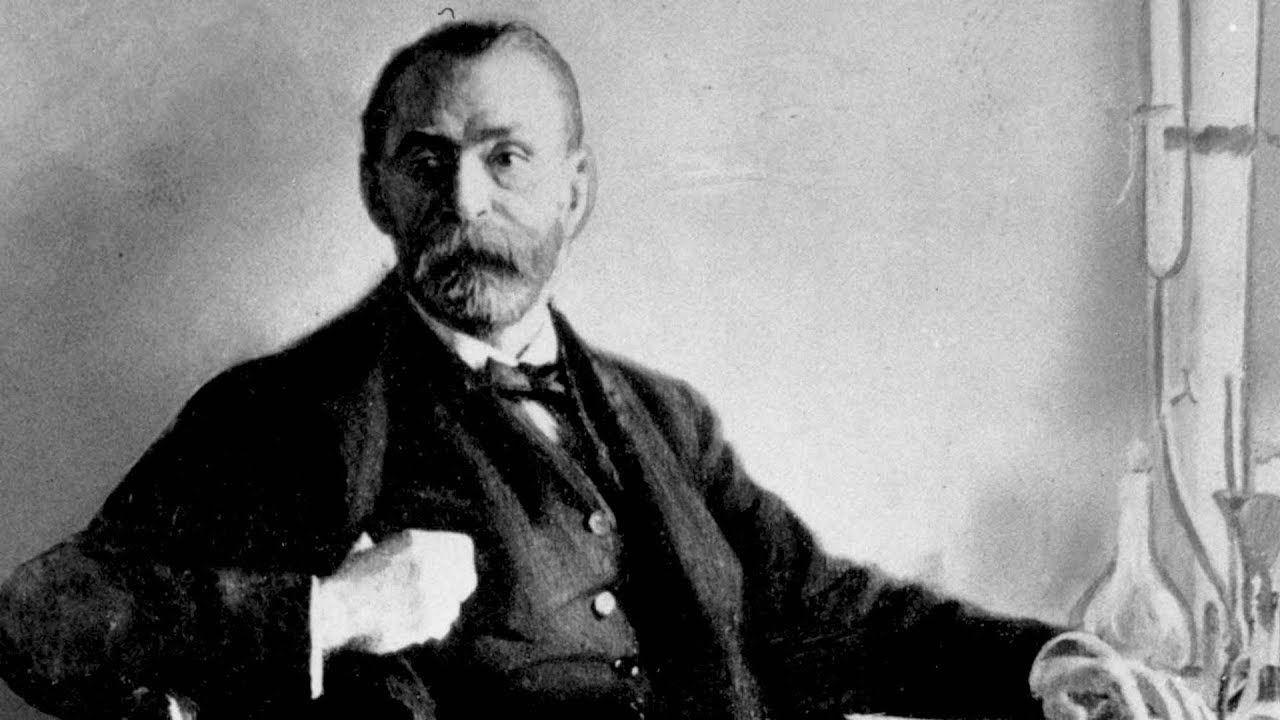
When Alfred Nobel returned to Sweden, he began doing some experiments in the laboratory in his father’s estate. that period Alfred, working on the only explosive type of black powder, He discovered that when nitroglycerin, a newly discovered substance, was combined with black powder, a much more powerful explosive was formed. He immediately opened a factory to produce nitroglycerin and started working.
Nitroglycerin is an incredibly powerful and difficult to control explosive. Alfred Nobel, to maintain control invented the fuse. The detonator paved the way for modern explosives, and Alfred opened a few more factories. However, it arrived, and one of its factories exploded, killing an incoming group, including Alfred’s brother Emil. But this explosion did not stop Alfred Nobel’s work.
Alfred Nobel, who opened several more factories in succession, discovered that nitroglycerin could be transported much more safely by drying. He invented his groundbreaking invention, dynamite. Dynamite, which he patented in 1868, was much stronger and could be detonated in a controlled manner. In the process, Alfred added to his fortune by establishing a large network to produce dynamite throughout Europe.
Alfred Nobel’s inventions and his depressive loneliness:
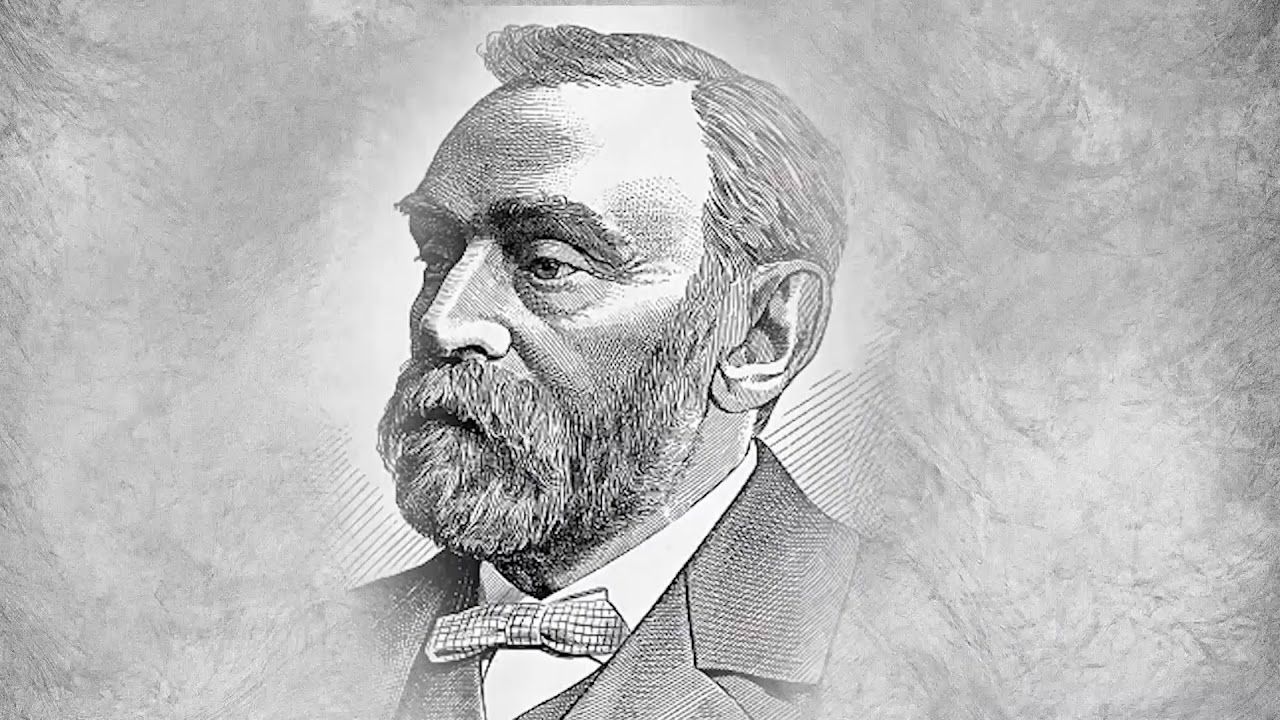
Alfred Nobel continued to make new inventions after detonator and dynamite. Smokeless gunpowder, rayon, and faux leather are among his most important inventions. While Alfred’s patent and production wars continued, his brothers got rich by discovering an oil field in Azerbaijan, and together with Alfred, they bought a weapons factory in Sweden. Despite over 350 patents and commercial successes that made his fortune rich, Alfred was always an unhappy man.
Alfred Nobel was always a little depressed and never married. In addition to his revolutionary scientific work, He wrote plays, novels and poems that were never published. He was considered a liberal or even a socialist for his time. There was only one reason why he made all these deadly inventions; that is to stop wars. He believed that his inventions would create a power to stop wars.
It did not happen. How accurate is it to make enormous explosives and think that they will be used for peace? all this Alfred Nobel, who had a brain hemorrhage as a result of fast work pace and internal conflicts, He died on December 10, 1896 in San Remo, Italy. Everyone was shocked when his will, which he had entrusted to a bank in Stockholm, was announced.
How did the Nobel Prizes come about?
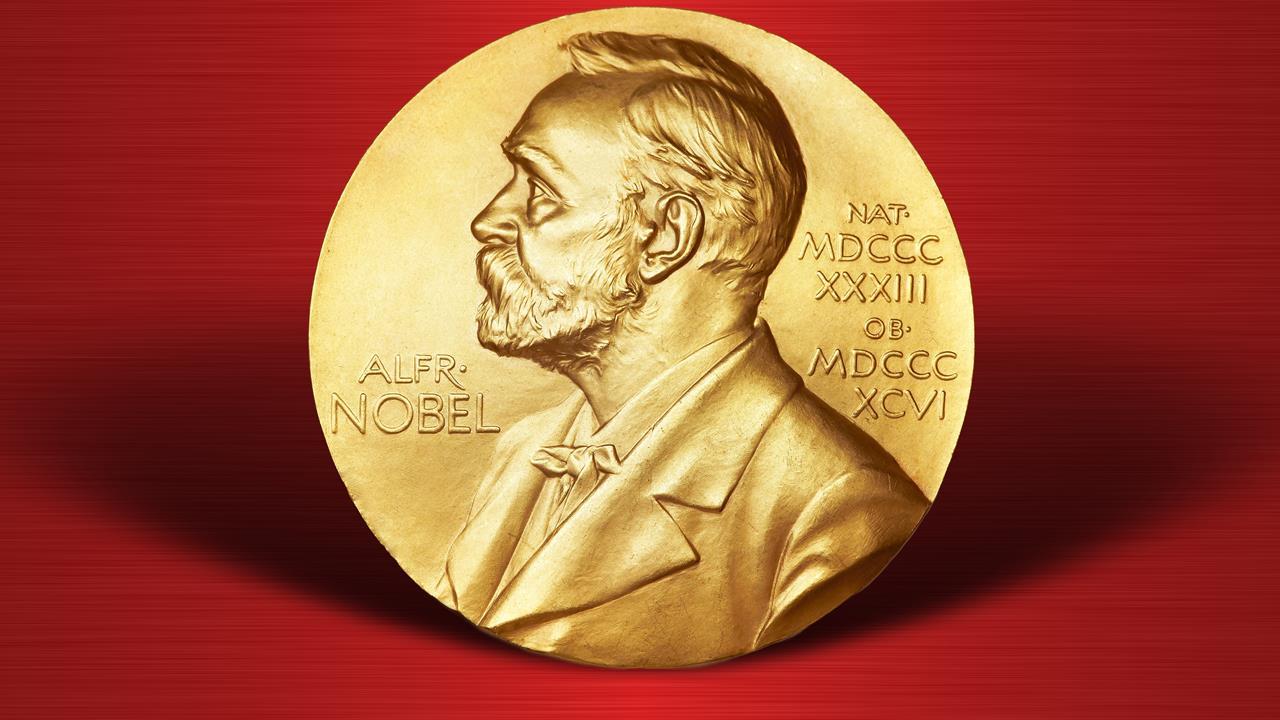
Alfred Nobel, trading empire with more than 90 factories producing around the world He willed that a foundation be established in his name and that this foundation should give an award every year. He had prepared such a detailed will that the Nobel Foundation’s work and Nobel Prizes still continue according to the rules in this will.
You ask why? In 1888, Alfred’s brother Ludvig died, and the French newspapers thought that it was Alfred Nobel who had died, so they had the headline: ‘The dealer of death is dead’. While it is not known for certain, many of his friends said seeing his own obituary changed Alfred. Maybe he wanted to leave a cleaner name for the world.
The Nobel Prizes, which were given in 6 categories in physics, chemistry, literature, peace, medicine and economics, were given for the first time on 10 December 1901. In ceremonies held every year on 10 December, the anniversary of Alfred Nobel’s death, economics, physics and chemistry awards Royal Swedish Academy of Sciences, medicine award Karolinska Institute, literary award Norwegian Nobel Committee, the peace prize from the Swedish Academy A five-member committee is selected.
The economics prize was not originally one of the bequests, but was added to the Nobel Prizes in 1968. An award can sometimes be given to more than one person or, according to Alfred’s will, If there is no suitable one, it may not be given at all. Award winners receive a special medal, diploma and cash prize. The winner can organize a conference if he/she wishes. Between 1940 and 1942, World War II. The Nobel Prizes were not awarded because of World War II.
Turkish Nobel Prize winners and nominees:
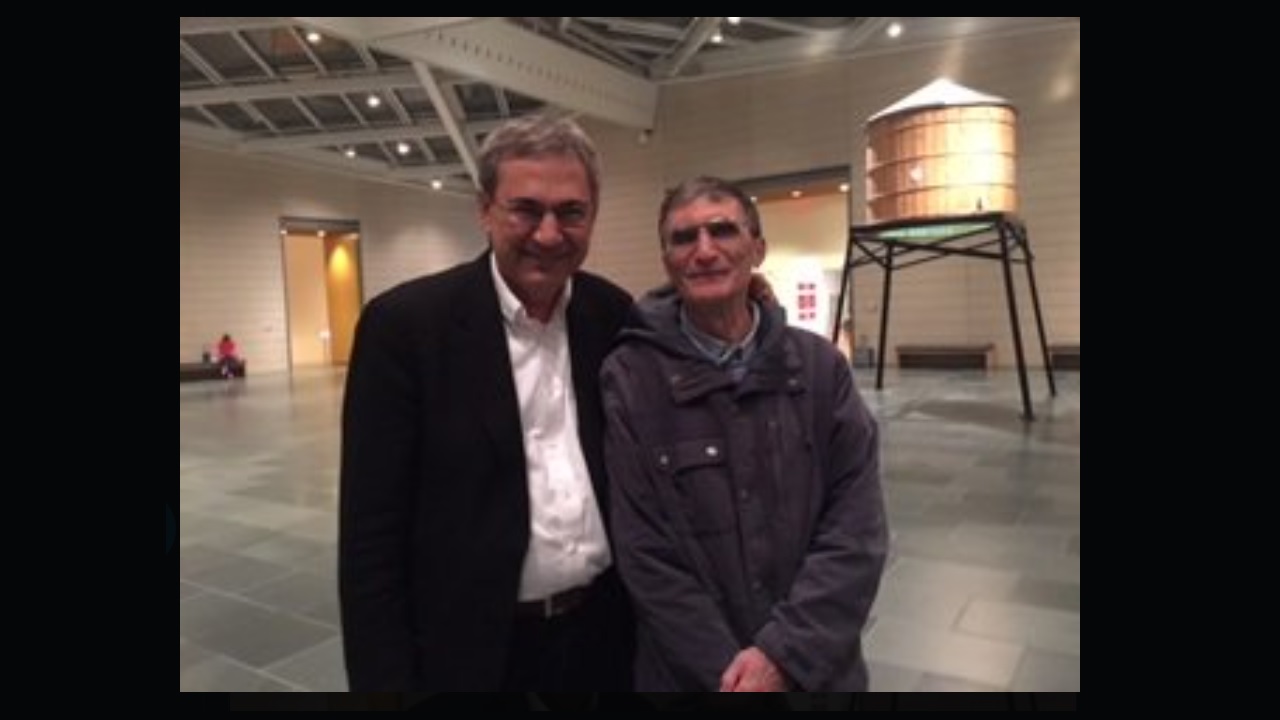
Yaşar Kemal was the first writer to be nominated for the Nobel Prize in Literature. Yaşar Kemal was first published in 1973. and was subsequently nominated repeatedly. However, he stated that no matter how many candidates he was, he would only remain as a candidate until his death, and he was right. Nobel Prize for Literature in 2002 Leyla Erbil Nominated and became the first woman writer to be nominated for this award. Poet İlhan Berk, He was nominated for the Nobel Prize in Literature in 2008, when he died.
working on liquid metal technology in the USA Dr. Atakan Peker, Harvard University, who studies heart disease and diabetes. prof. Dr. Gokhan Hotamisligil, Developing gene therapy for Alexander disease Assoc. Bahri Karacay and working on mobile technologies in the USA prof. Dr. İlhan Akyıldız He is among the Turks nominated for the Nobel Prizes.
At the ceremonies held in 2006 Orhan Pamuk was awarded the Nobel Prize in Literature. and achieved a first in this field. Later, in ceremonies held in 2015 Aziz Sancar was awarded the Nobel Prize in Chemistry and our chest rises once again. However, as Yaşar Kemal said, such awards always carry political purposes.
Inventor of the world’s most powerful explosives Who is Alfred Nobel, what is the story of the Nobel Prizes We answered questions such as, and talked about the Turkish candidates who were deemed worthy of this important award. You can share your thoughts about the Nobel Prizes in the comments.
